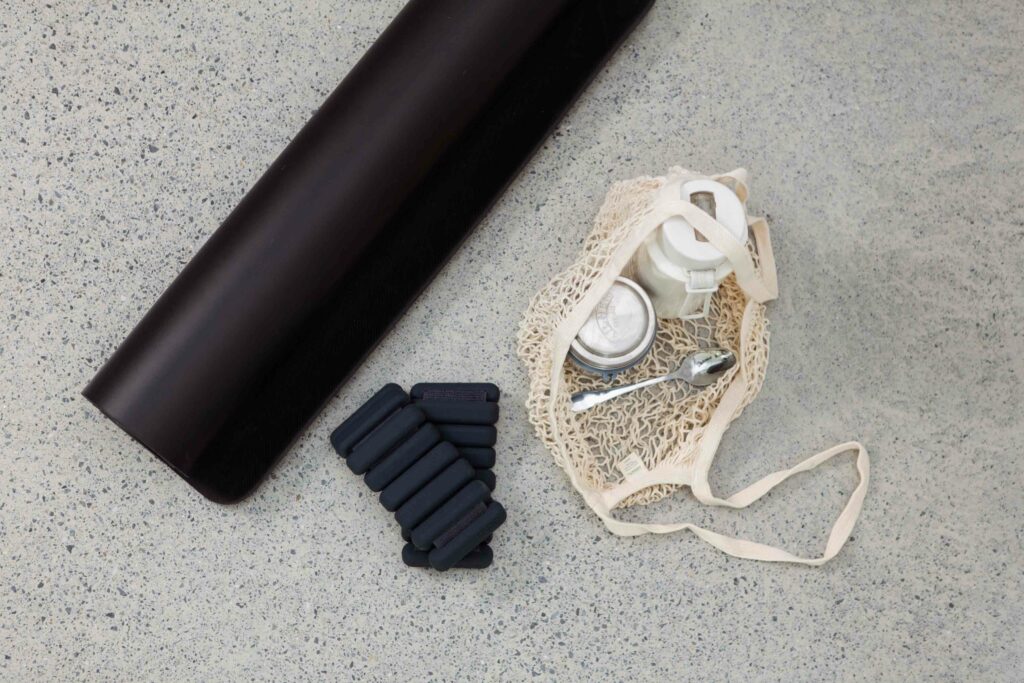Boost Strength & Performance – Is CREATINE right for you?
20 Feb 2025Creatine is one of those supplements many of us have heard about but might not fully understand. Backed by extensive research, it’s a powerhouse compound, particularly for athletes, but what exactly is it, and should we be taking it regularly? This blog aims to inform anyone who has never heard of creatine, is curious about it, or already takes it but wants to learn more.
What is creatine?
Creatine is a naturally occurring compound stored in your muscles and brain. While your body produces creatine, you can also boost your levels through foods like red meat and fish or by taking supplements. It is commonly available as a white powder labeled ‘creatine monohydrate’.

Why is it important to maintain high creatine stores?
Creatine plays a key role in producing energy quickly, especially during short bursts of high-intensity activities. Supplementing with creatine increases the amount of creatine stored in muscles, enhancing energy production. In doing so, athletes have more energy available in their muscles to lift heavier and tolerate heavier loads more frequently, also supporting explosive movements. Progressively overloading the muscles in this way leads to getting even stronger, gaining muscle, and feeling powerful. In short, it helps your muscles recharge their energy!
Who could take creatine?
If creatine is for big power, explosive bursts of energy, who would benefit from it? Let’s think about some activities that require this, keeping that word ‘explosive’ at the forefront of your mind
- General gym-goers aiming to build muscle and strength (not just body builders!)
- Athletes in intermittent sports (e.g. GAA players, tennis players, sprinters)
- CrossFit enthusiasts engaging in high-power, high-intensity workouts
- Hyrox competitors who require both strength and endurance.
- Marathon runners benefiting from creatine’s role in strength-building and injury prevention during race preparation
- Supports exercise recovery, rehabilitation, and injury prevention
Is creatine safe?
Creatine use is not banned by any sport organisation, and can be fantastic when used appropriately and a game changer for strength and performance.
Side effects?
Think of creatine and water as good buddies. Where there is creatine, there will be water following it in the body. These properties mean that our bodies retain a small amount of water whilst on creatine, especially when starting off. When we hold onto more water, we will likely weigh a little more which is why introducing creatine just before a competition isn’t ideal and consistent use is key.
Therefore, it’s important to stay well-hydrated when taking creatine, to help the muscles retain less water. There is no link to the use of creatine with hair loss or kidney damage (which are common myths) and it generally doesn’t cause any GI upset for most.
Creatine’s use beyond sports
So we now know that Creatine could be a game changer for athletes power and strength. But is there any evidence for creatine use outside of sport? There is some emerging evidence that suggests that creatine may have other potential benefits, including:
- Supporting cognitive function
- Enhancing muscle mass and strength in older adults
- Promoting recovery from certain medical conditions
If you’re considering creatine for non-sport-related reasons, of course consult your doctor before starting supplementation.
How to take creatine
Standard dosage: 3-5 grams per day, taken at any time as long as you’re consistent. Loading phase (optional): Some athletes start with 20 grams per day (split into 4 doses) for 5-7 days to saturate muscles more quickly.
Should I take creatine?
If you’re a regular The Pilates Programme user and not a professional athlete, do you need creatine? The answer: it depends. At the end of the day, creatine is a luxury supplement, not a necessity. Your focus should first be on a strong foundation, including:
- Adequate protein
- Quality sleep
- Proper recovery
- Hydration
- A varied, nutrient-rich diet
Once these are in place, creatine could be a great extra to help you hold poses longer, improve explosive movements, and build strength over time.
By: Lorna Ryan, Registered Dietician


